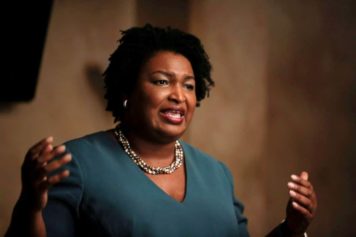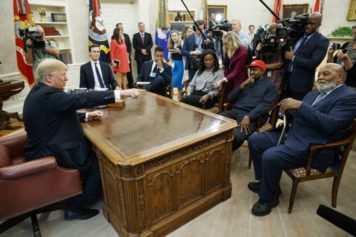Between now and the inauguration on Jan. 21, The Root will be taking a daily look at the president’s record on a number of policy issues, including his first-term accomplishments and what many Americans hope to see him accomplish in a second term. Today: black unemployment. See previous postings in this series here.
Background: The unemployment rate of African-Americans has been an ongoing challenge for their communities, policymakers and presidents since the government began tracking the data in 1972. During that time, the rate of unemployment among black men and women has been almost double that for white Americans.
But the numbers have been particularly dismal in recent years. In 2007, when the latest recession began, unemployment among African-Americans was 7.9 percent, compared with 4.2 percent for white Americans. In the years that have followed, the jobless rate for black Americans has risen faster than that for white Americans or Latinos.
First-term accomplishments: In January 2009 when President Obama took office, the unemployment rate for black Americans was 12.7 percent, compared with 7.1 percent for whites. By August 2011, the government’s data confirmed that the unemployment rate for black Americans had reached its highest levels since 1984: 16.7 percent. It has since fallen but was still at 14 percent in December 2012.
In an interview with The Root, then-Chair of the Congressional Black Caucus Emanuel Cleaver (D-Mo.) had this to say about the rate of unemployment among black Americans during the first black president’s first term: “Look, as the chair of the Black Caucus, I’ve got to tell you, we are always hesitant to criticize the president. With 14 percent [black] unemployment, if we had a white president, we’d be marching around the White House.”
Second-term hopes: Finding a viable policy solution to address unemployment rates in the black community has stymied most presidents, but the issue is proving particularly vexing for the first black president. In part, this is likely because many black Americans have higher expectations for him on issues affecting their community, and few issues are affecting them as deeply as unemployment.
But many issues underlying the black unemployment crisis involve the political landmine of race, and that has proved perilous for the president to address in the past. Now that the president has been safely re-elected, many are hoping that his administration will be less wary of potential landmines…
Read More: theroot.com

